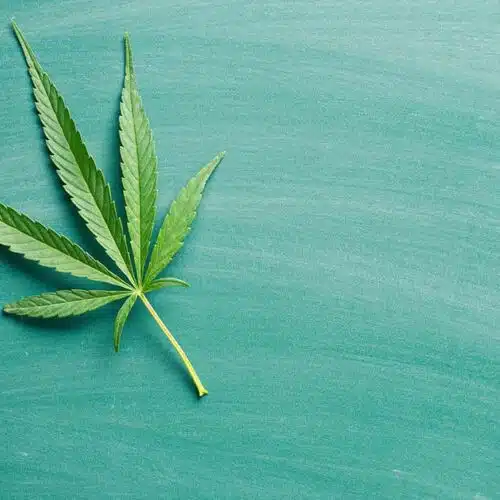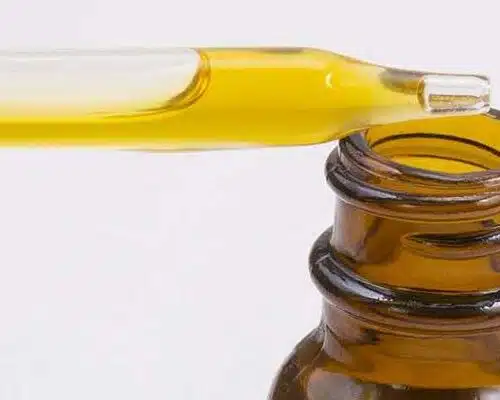Medical Marijuana May Help Reduce Opioid Use
A study conducted at Columbia University’s Mailman School of Public Health found that there were fewer drivers killed in car crashes who tested positive for opioids in states where medical marijuana is legal than before legalization went into effect in the respective state. The study, published in the American Journal of Public Health, is the first to look at the relationship between medical marijuana laws and individual-level laboratory measurements of opioid use. Findings will be published online in the American Journal of Public Health.
Researchers analyzed 1999-2013 Fatality Analysis Reporting System data from 18 U.S. states that tested for alcohol and other drugs in at least 80 percent of drivers who died within one hour of crashing. They looked at opioid positivity among drivers ages 21 to 40 who crashed their cars in states with an operational medical marijuana law compared with drivers crashing in states before those laws went into effect. There was an overall reduction in opioid positivity for most states after implementation of an operational medical marijuana law.
“We would expect the adverse consequences of opioid use to decrease over time in states where medical marijuana use is legal, as individuals substitute marijuana for opioids in the treatment of severe or chronic pain,” explained June H. Kim, MPhil, a doctoral student in the Department of Epidemiology at the Mailman School of Public Health, and lead author.
Among the 68,394 deceased drivers, approximately 42 percent were fatally injured in states that had an operational medical marijuana laws, 25 percent died in states before an operational law went into effect, and 33 percent died in states that had never passed a medical marijuana law.
In 1996, California was the first state to pass a voter-initiated medical marijuana law. Since then, 22 additional states and the District of Columbia have enacted their own medical marijuana laws either by voter initiatives or through state legislation. “The trend may have been particularly strong among the age group surveyed because minimum age requirements restrict access to medical marijuana to patients age 21 and older, and most medical marijuana patients are younger than 45,” noted Kim. According to the authors, they would expect to see similar reductions in opioid use among older cohorts if medical marijuana is increasingly embraced by older generations.
“This study is about the possible substitution relationship between marijuana and opioids. The toxicological testing data for fatally injured drivers lend some suggestive evidence that supports the substitution hypothesis in young adults, but not in older adults,”said Guohua Li, MD, DrPH, Mailman School professor of Epidemiology, the founding director of the Center for Injury Epidemiology and Prevention at Columbia, and senior author.
“As states with these laws move toward legalizing marijuana more broadly for recreational purposes, future studies are needed to assess the impact these laws may have on opioid use,” noted Kim.
The study adds to a growing body of evidence suggesting that chronic pain patients may substitute marijuana for prescription opiatepainkillers in states where the option is available.
One paper published earlier this year found that Medicare Part D prescriptions for painkillers declined significantly in states that passed medical marijuana laws. Other studies have shown that medical marijuana states see fewer painkiller overdose deaths than states without medical pot, and that access to medical marijuana dispensaries is also linked to declining rates of opiate overdose and death.
– Washington Post and Live Science


